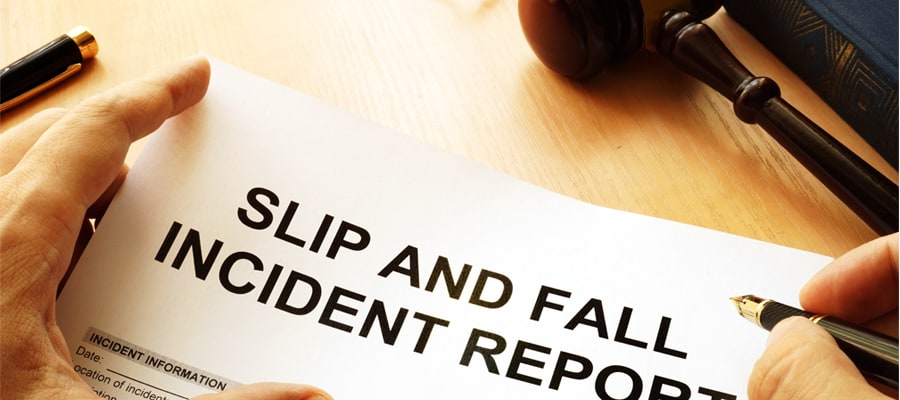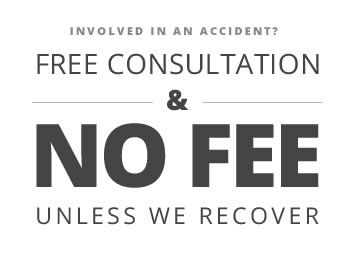Anyone can have a misstep or stumble while walking, but you could suffer serious harm in a slip-and-fall accident that was not your fault. In fact, falls are one of the most common forms of unintentional injuries treated by healthcare providers. The US Centers for Disease Control and Prevention (CDC) reports that falls are the top reason people seek care in hospital emergency rooms, with 8.6 million visits every year. In eight out of 10 age groups studied, falls are the leading cause of accidental injuries.
Victims of slip and fall accidents have legal remedies under Maryland premises liability laws, so it is possible to recover compensation. However, you do not have a claim for damages simply because you fell. There are requirements to meet, and you can trust a Baltimore County premises liability attorney to assist with the process. Some information will also help you understand whether you have a slip and fall case.
Failures by Property Owners
Businesses and property owners have a duty to keep their premises safe and free from all reasonably foreseeable hazards. Therefore, one of the first signs that you have a claim is the presence of dangerous conditions on the property. A slip and fall may occur because of:
- Spills and puddles;
- Condensation from freezers and refrigerators;
- Inventory and equipment cluttering up aisles and hallways;
- Failing to make repairs to railings, flooring, and stairs; and,
- Exposed wires strewn across the floor.
Plus, premises liability laws cover more than just slips and falls. A property owner could be liable for any acts of negligence in maintaining the space.
Notice of Dangerous Conditions
Another way to know if you have a slip and fall case in Maryland is by determining whether the property owner knew about the hazard. A party cannot be held liable for a dangerous condition unless there is notice. Under premises liability laws, a property owner may have:
- Actual notice, if the at-fault party had knowledge and was aware of a hazard; OR,
- Constructive notice when the property owner should know about the dangerous condition.
Note that a property owner cannot avoid liability simply by refusing to conduct inspections of the property.
Premises Liability and Criminal Acts
Maryland laws also apply when the property owner’s negligence is a failure to provide protection against crime. When the owner has actual or constructive notice of criminal activity around the premises, their legal duty may require installing security cameras, reinforcing locks and gates, and ensuring there is proper lighting in all public spaces. The property owner may even need to hire a security guard to protect those who enter the space.
A Maryland Premises Liability Lawyer Will Explain Your Options
If you think you might have a slip-and-fall case after reviewing this information, please contact Attorney Michael A. Freedman. You can call our offices in Owings Mills or Glen Burnie, MD, at 410.363.6848 or visit our website to schedule a no-cost case assessment. After reviewing the details of your claim, a Maryland slip and fall lawyer can advise you on options.



